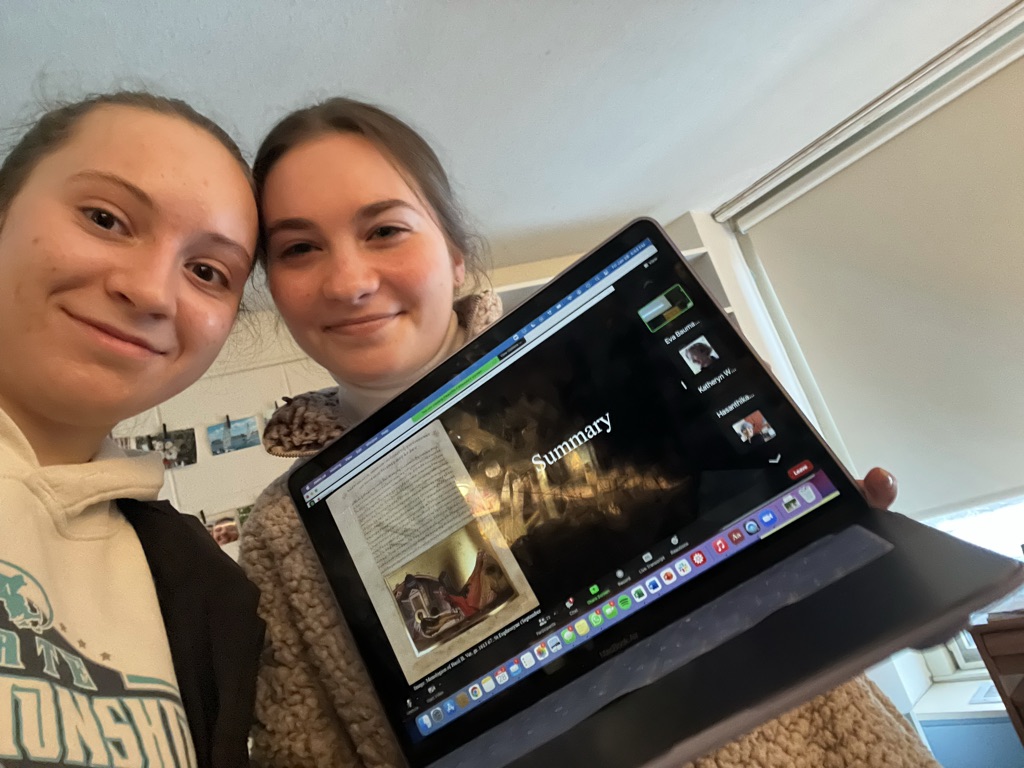Classics Colloquium: Examining Gender in Ancient Texts (Charles Kuper’s Talk)
This past Friday, I attended a classics colloquium lecture called “The Grammar of Sanctity” with speaker Charlie Kuper, in which he discussed his work examining gender in the Greek, Latin, and Syriac versions of the “Life of Euphrosyne Who Was Called Smaragdus.” When I think about the discussions of gender and sexuality, I think of the modern day, where we are truly coming to question gender norms of the past. It’s crazy to me that during the time of the Romans they were more inclusive with pronouns by having specific masculine, feminine, and neuter pronouns that people could use. There are languages such as German that to this day still don’t include neuter pronouns. One of the other things that stood out during the talk is how the ancient literature talked and supported the idea of changing names. Names were super important to Romans and they strongly identified with their names so to change their name, instead of just adding an additional name, shows the true acceptance they had of switching genders. It’s cool that the Romans seem to have accepted changing genders but more importantly changing names. The “Life of Euphrosyne” was one of the examples given of pronoun changes that was really helpful to see how over the course of a text the same person could be referred to using different pronouns.
The debate of appearance vs reality/interior was also really interesting especially because to this day we still judge people for their exterior looks and clothing instead of taking the time to get to know them and what really goes on inside them. The fact that ancient literature was discussing being true to yourself and issues surrounding your exterior appearance and interior thoughts and emotions. I brought my friend, Janet, along to the presentation and after it was over we had a fun discussion about languages and their pronouns as well as gender expression. We talked about how originally ancient languages were quite gender inclusive but then modern languages evolved and became less inclusive. Today we are back to trying to get the languages we use daily to be more inclusive. We have drawn a lot of lessons from ancient civilizations but in my opinion there is still more we can learn especially when it comes to acceptance of different genders, pronouns, and letting people be themselves.
